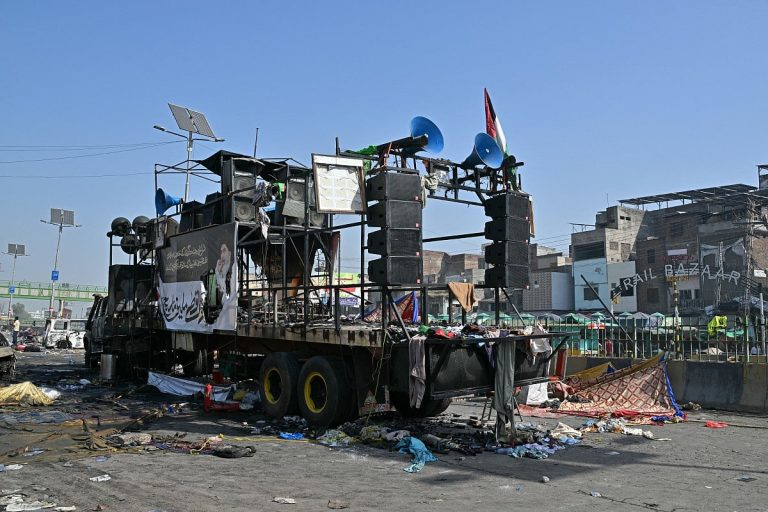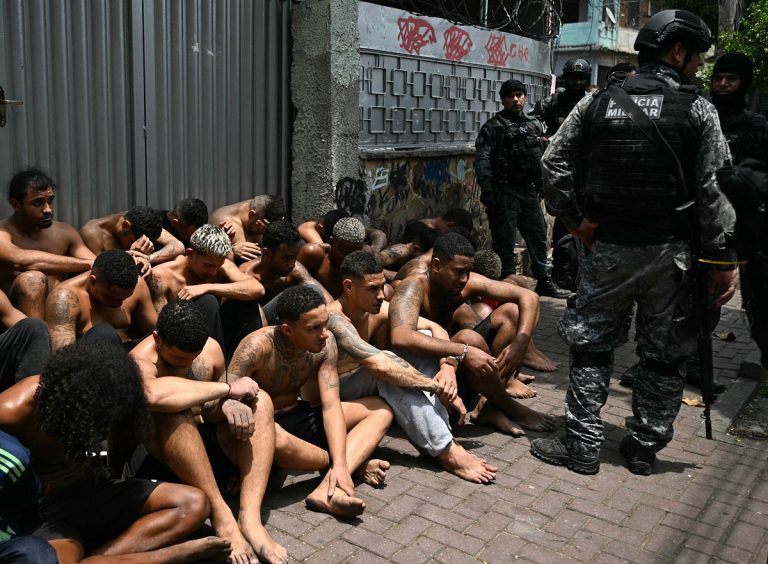Filipino Domestic Workers in Gulf to Get Wage Increase
Filipino domestic workers in the Gulf region are set to experience a significant wage increase for the first time in nearly two decades. Starting October 22, 2025, the minimum monthly salary for these workers will rise from $400 to $500, as announced by the Philippine Ministry of Migrant Workers. This adjustment aims to address the impact of inflation and rising living costs on their earnings.
Background of the Wage Increase
The wage increase applies to both new hires and returning workers, marking the first official salary adjustment since 2006. The Philippine government recognizes the vital role that over 1.5 million Filipino domestic workers play globally, particularly in the Middle East. Their responsibilities often include caregiving, teaching assistance, and household management, which are essential services in many families.
The Ministry of Migrant Workers highlighted that this wage adjustment aligns with the International Labor Organization (ILO) Convention No. 189, which advocates for fair pay, safe working conditions, and social protection for domestic workers. This move not only aims to improve the financial well-being of these workers but also seeks to enhance their overall working conditions.
Impact on Recruitment and Employment
In Kuwait, where a significant number of Filipino domestic workers are employed, the new wage directive has already sparked increased interest in recruitment from both workers and employers. Bassam Al Shammari, a domestic labor affairs specialist, noted that any changes to recruitment contracts must be mutually agreed upon by employers and employees. He pointed out that Kuwait’s existing law sets a minimum wage of 75 Kuwaiti dinars (approximately $243), but actual salaries can vary based on the nature of the work, with specialized caregivers earning up to 200 dinars ($650).
Al Shammari emphasized that the recent announcement from Manila reflects the true value of the services provided by Filipino domestic workers. He believes this increase could help stabilize the workforce supply, which has faced challenges in recent years due to various restrictions.
Transition Period for Implementation
To facilitate this wage adjustment, the circular allows for a six-month transition period during which employers can adjust salaries and update employment contracts. During this time, employers are encouraged to voluntarily adopt the new pay scale. Following the transition, the Philippine Department of Migrant Workers will evaluate compliance with the new wage requirements and may extend the adjustment period or enforce the $500 minimum wage.
FAQs
When will the new wage for Filipino domestic workers take effect?
The new minimum wage will take effect on October 22, 2025.
How does this wage increase compare to previous salaries?
The minimum monthly salary will increase from $400 to $500, marking the first raise in nearly 20 years.
What is the significance of this wage adjustment?
This increase aims to address the erosion of earnings due to inflation and aligns with international labor standards for fair compensation and working conditions.
Conclusion
The upcoming wage increase for Filipino domestic workers in the Gulf represents a significant step toward fair compensation after years of stagnation. As the implementation date approaches, both employers and workers will need to prepare for the changes to ensure compliance and improve the overall working conditions for these essential workers.
The wage increase is part of a broader effort by the Philippine government to enhance the rights and welfare of overseas Filipino workers (OFWs). This initiative reflects ongoing discussions about the need for better labor protections and support systems for migrant workers, who often face challenging conditions abroad. The government has been actively engaging with host countries to ensure that the rights of these workers are upheld, which includes advocating for fair wages and safe working environments.
In addition to the wage increase, the Philippine Ministry of Migrant Workers is also working on programs to provide training and resources for domestic workers. These initiatives aim to equip them with skills that can improve their employability and enhance their earning potential. By investing in the development of Filipino domestic workers, the government hopes to empower them and ensure they can negotiate better terms of employment in the future. This holistic approach underscores the importance of recognizing domestic work as a legitimate and valuable profession.
Also Read:
Top Events in the UAE for October 2025







